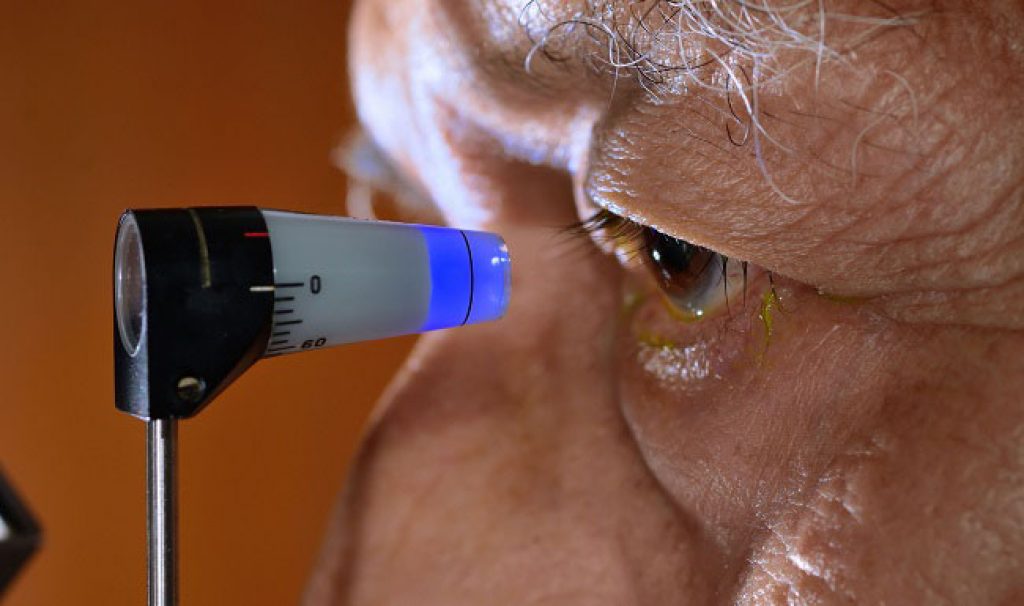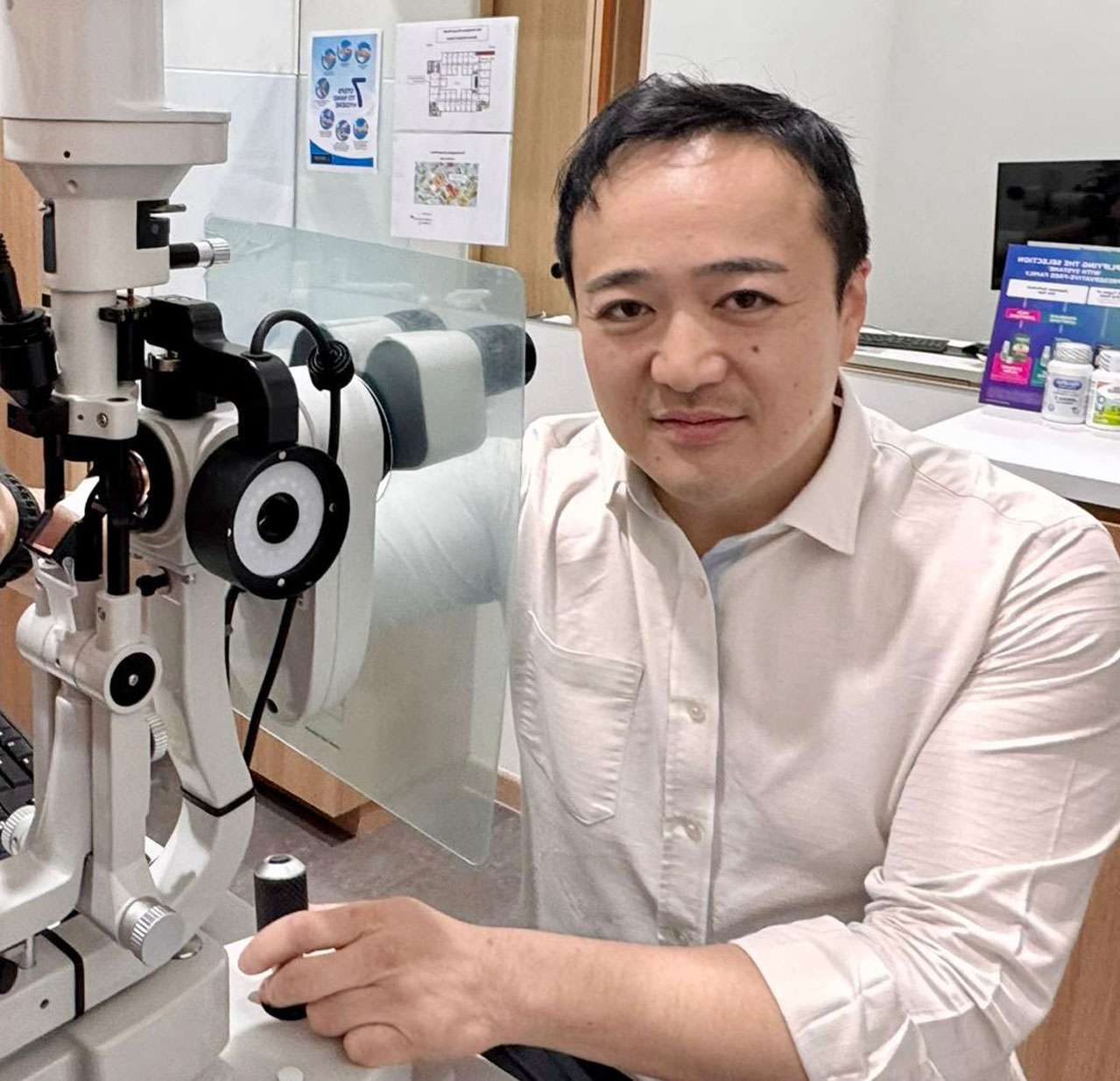Protecting Your Central Vision as You Age
Age-related macular degeneration (AMD) is one of the most common causes of vision impairment in adults over 50. It affects the macula, the part of the retina responsible for sharp, central vision needed for activities like reading, driving, and recognising faces.
At London Eye & Retina, we work closely with individuals living with AMD to understand the specific type and stage of their condition, and to develop a plan that helps protect the vision that matters most in daily life.
What Is AMD?
AMD is a degenerative condition that damages the macula, which is located in the centre of the retina. Over time, this can cause central vision to become blurred or distorted, while peripheral (side) vision usually remains unaffected.
There are two main types of AMD:
- Dry AMD (more common): This occurs when cells in the macula gradually thin and break down. Vision loss is usually slow and progressive.
- Wet AMD (less common but more serious): This happens when abnormal blood vessels grow under the retina and leak fluid or blood, leading to faster and more severe vision loss.
Early AMD often has no noticeable symptoms, which is why routine eye screening becomes increasingly important with age.
What Are the Risk Factors?
Several factors may increase your risk of developing AMD:
- Age (especially over 50)
- Family history of AMD
- Smoking
- High blood pressure
- Diets low in antioxidants
- Prolonged exposure to UV light
While some of these risks, like age and genetics, can’t be controlled, others, such as smoking and nutrition, can be managed to support better eye health.
What Are the Symptoms?
AMD often develops without pain, and symptoms may vary depending on the stage and type of the disease. Some individuals may notice:
- Blurred or fuzzy vision
- Straight lines appearing wavy or distorted
- A dark or empty area in the centre of vision
- Difficulty seeing in low light
If you experience any sudden changes in vision, especially central vision, it’s important to seek medical attention promptly.
How Is AMD Diagnosed?
Diagnosis typically begins with a comprehensive eye exam. At London Eye & Retina, this includes:
- Visual acuity testing to assess clarity of vision
- Dilated eye exam to inspect the retina and macula
- Optical Coherence Tomography (OCT) to detect fluid or structural changes
- Fluorescein angiography (if needed) to visualise abnormal blood vessels in wet AMD
These tests help determine the type and extent of AMD and guide the most appropriate next steps.
How Is AMD Managed?
There is currently no cure for AMD, but several strategies can help slow progression and manage symptoms, especially when detected early:
- Lifestyle changes such as smoking cessation, a diet rich in leafy greens and omega-3s, and UV protection
- Nutritional supplements (for intermediate or advanced dry AMD) containing specific vitamins and minerals, based on the AREDS2 formulation
- Anti-VEGF injections for wet AMD, which help stop abnormal blood vessel growth and reduce fluid leakage
- Low-vision aids to help with reading and daily activities if vision becomes affected
At our clinic, treatment decisions are made together with you, based on clinical evidence, your lifestyle, and your visual goals.
Supporting You Through Vision Changes
Living with AMD can be emotionally and functionally challenging. Our team prioritises not just medical treatment, but also support in adapting to changes in vision. From understanding your diagnosis to helping you navigate treatment options and low-vision tools, we are here to support you every step of the way.
Is It Time to Get Your Eyes Checked?
If you’re over 50 or have a family history of macular degeneration, regular retinal screening is one of the most effective ways to detect changes early, often before symptoms begin. If you’ve noticed changes in your central vision, don’t wait.
Book a consultation with Dr. James Ng at London Eye & Retina to assess your retinal health and explore your next steps.
Personalised Vision Care You Can Trust
Get a professional consultation regarding your Age-related Macular Degeneration (AMD)


